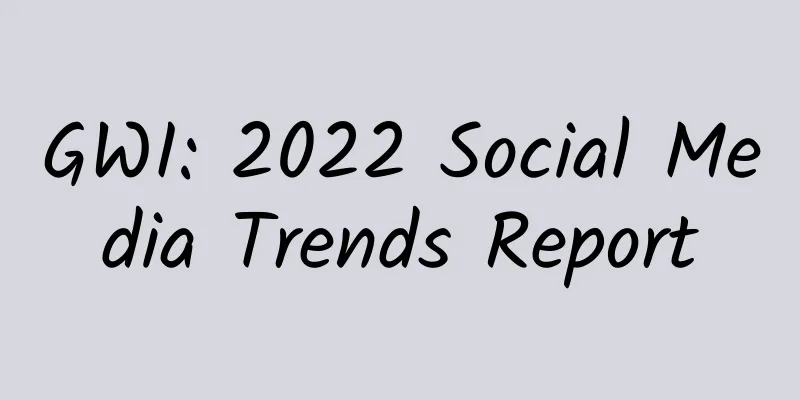Why Artificial Insemination Failed

|
With the changes in living environment, the phenomenon of infertility is gradually increasing. Infertility is a physiological disease. As long as one of the couple has this symptom, they will not have a baby. Faced with this situation, many people will choose artificial insemination, which is an advanced technology that can allow infertile people to have babies. However, this method is not omnipotent and may fail. So what are the reasons for the failure of artificial insemination? 1 Sperm Factor The main indication for artificial insemination is the poor quality of the male's sperm. If the male's sperm count is too small and the sperm does not liquefy, the success rate of artificial insemination will be reduced. Therefore, it is necessary to use drug treatment under the guidance of a doctor to improve the quality of sperm, so as to avoid the failure of artificial insemination. 2 Uterine factors In addition to being related to the male's sperm quality, the female's uterine cavity environment is not suitable for embryo transplantation, which will also reduce the success rate. Infertility caused by factors such as endometritis, uterine cavity adhesions, endometrial polyps, and foreign body residues in the uterine cavity will significantly reduce the success rate of artificial insemination. Therefore, it is necessary to go to a regular hospital for hysteroscopy diagnosis and correction to solve this problem. 3 Fallopian tube factors Abnormal fallopian tubes and abdominal adhesions can affect the combination of sperm and eggs. Abnormal fallopian tubes include fallopian tube obstruction, fallopian tube malformations, and hydrosalpinx, etc. The most common cause of abdominal adhesions is chronic pelvic inflammatory disease. Therefore, patients with this type of problem need to be treated with the help of laparoscopy. 4 Emotional factors Infertile women must have seen many doctors before undergoing artificial insemination. They may be under mental stress, which may cause emotional instability, endocrine dysfunction, excessive tension and other internal factors. Women who are undergoing artificial insemination must first adjust their emotions and maintain a good state before starting the operation. 5. Time Factor The normal ovulation period for women is seven to ten days after menstruation. This is based on normal menstruation. Abnormal menstruation may be earlier or later. Therefore, if you want to do artificial insemination, you must closely observe the eggs and arrange artificial insemination at the most favorable time. |
<<: How to rule out an ectopic pregnancy yourself
>>: When I put the medicine in the vagina, there was blood when I took out my finger.
Recommend
How far are we from Alzheimer's disease if we love staying up all night and are addicted to sweets and salty foods?
September 21st of every year is World Alzheimer&#...
Dizziness and headache are caused by these diseases
Dizziness and headache are common symptoms, and t...
How to recuperate after hysteroscopic surgery
Hysteroscopy, I believe many female friends know ...
What kind of patients are likely to recover quickly?
This is the 5124th article of Da Yi Xiao Hu In cl...
If you cover your child too much, he or she may suffer from "heatstroke in winter"
Can you still get heat stroke in the middle of wi...
Is lard residue healthy? Finally there is a reliable answer
Expert of this article: Zhang Zhaomin, Master of ...
What is bleeding during period?
Ovulation is a physiological phenomenon that only...
If my mother has rheumatism, will it be inherited?
Rheumatic diseases mostly occur in middle-aged an...
What should I do if there is blood in my menstrual period?
Some women have problems with their menstruation,...
Interesting words about medicine | Potassium permanganate (with audio)
Your browser does not support the audio tag...
What to do if your lower abdomen is uncomfortable during pregnancy
Pregnant women usually experience abdominal pain ...
Girls have stomach pain
If a girl experiences lower abdominal pain during...
A 64-year-old woman was diagnosed with a neck plaque. How should she be treated? Are there other surgeries she can do?
Recently, a female patient sent me a private mess...
Can low-grade cervical lesions be cured?
The prevalence of cervical precancerous lesions i...









